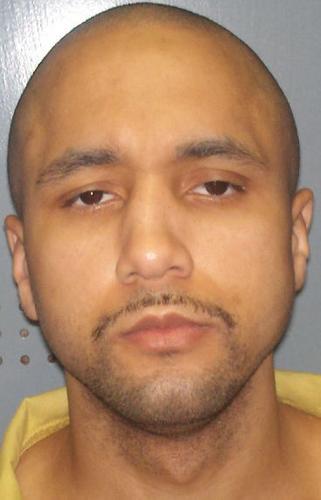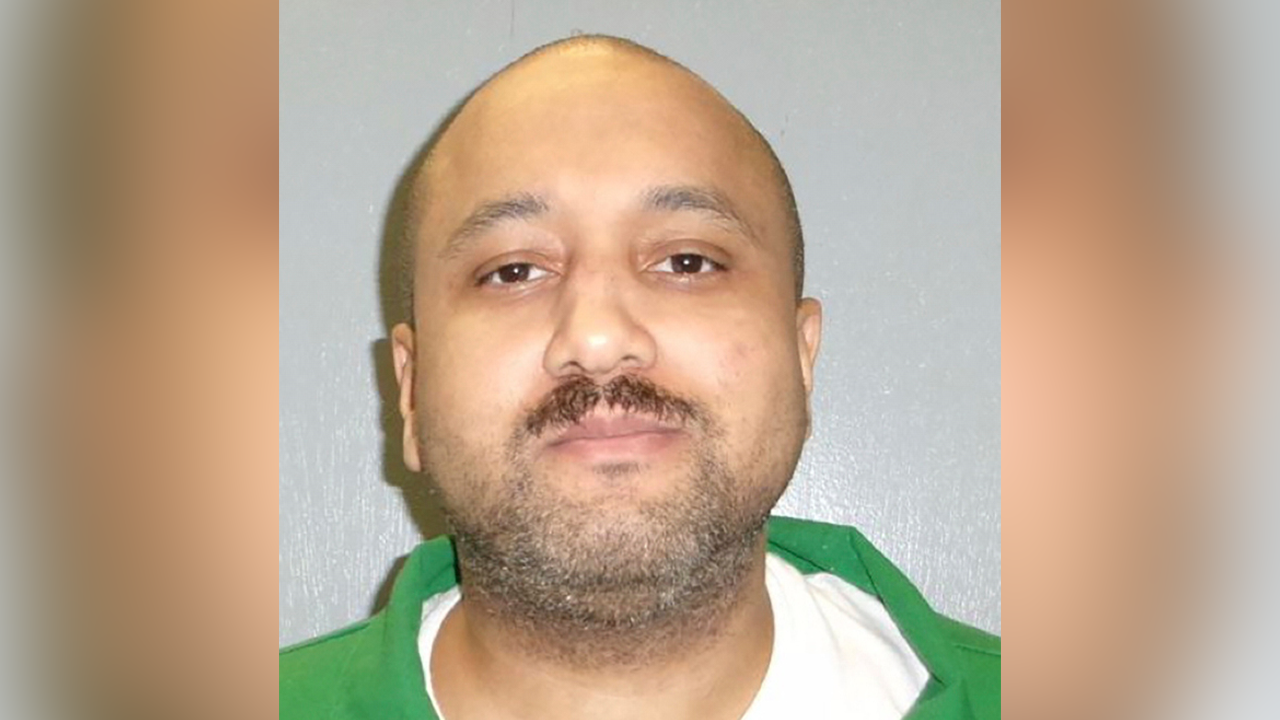Table of Contents
- Mikal Deen Mahdi, 23, of Virginia, looks across at wedding photos ...
- Justices reject appeal from man who killed Orangeburg officer
- 5th SC death row inmate scheduled for execution. Another receives a ...
- Man on death row in South Carolina seeks postponement to get autopsy ...
- Imam Mahdi Has Appeared | The Qaim Abdullah Hashem Aba Al-Sadiq | ظهر ...
- Justices reject appeal from man who killed Orangeburg officer
- Judge Clifton Newman gestures as he address Mikal Deen Mahdi during ...
- Mikal Bridges' career-high 9 assists drive Suns' win over Warriors
- Second South Carolina inmate, Mikal Mahdi, chooses execution by firing ...
- A look at the inmates on SC death row


The execution of Mikal Mahdi by firing squad is a stark reminder of the varied methods of capital punishment employed across different states in the U.S. South Carolina, in particular, has been at the forefront of discussions regarding the methods of execution, with the firing squad being one of the options available to inmates, alongside lethal injection and the electric chair. The choice of method by the inmate is a unique aspect of the state's capital punishment protocol, reflecting the complexities of the legal and ethical considerations surrounding the death penalty.


The Case of Mikal Mahdi


The legal process surrounding Mahdi's case was thorough and lengthy, reflecting the meticulous nature of capital punishment cases in the United States. The option to choose the method of execution, while rare, is a component of South Carolina's law, designed to provide inmates with a degree of autonomy in their final moments. This aspect of the law underscores the ethical dilemmas faced by legal systems in balancing the rights of the condemned with the need for justice and the sentiments of the victims' families.


Implications and Controversies


The use of the firing squad as a method of execution is particularly controversial, with some arguing it is a brutal and inhumane practice that has no place in modern society. Others see it as a more transparent and less potentially botched method compared to lethal injection, which has faced numerous challenges and controversies in recent years. The debate surrounding methods of execution reflects the deeper ethical and legal questions about the role of capital punishment in contemporary justice systems.
The execution of Mikal Mahdi by firing squad in South Carolina is a pivotal event that sparks reflection on the state of capital punishment in the United States. As the nation grapples with the moral, legal, and ethical dimensions of the death penalty, cases like Mahdi's serve as stark reminders of the gravity and complexity of these issues. Whether one supports or opposes capital punishment, the story of Mikal Mahdi and the circumstances of his execution invite a deeper consideration of justice, compassion, and the human condition.As discussions and debates about capital punishment continue, it is essential to approach the topic with empathy, understanding, and a commitment to ensuring that justice is served in a manner that respects human dignity. The case of Mikal Mahdi will likely contribute to the ongoing conversation about the future of the death penalty in the United States, prompting reflections on the methods, ethics, and implications of capital punishment.